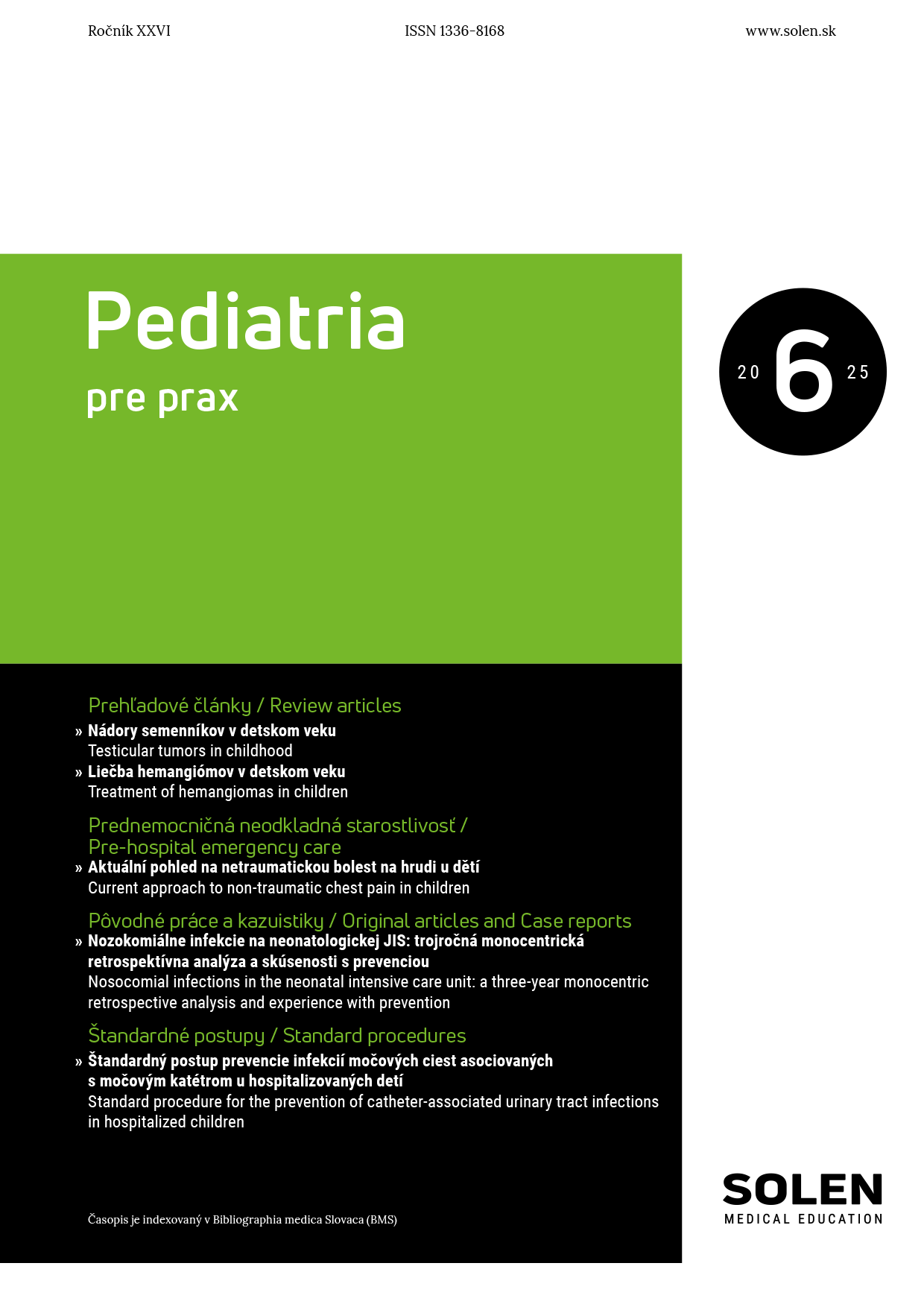Neurológia pre prax 3/2025
Continuous immunomodulation and immunosuppression versus reconstitution therapy in multiple sclerosis
Multiple sclerosis (MS) is a common immune-mediated demyelinating and degenerative disease of the central nervous system (CNS), which can lead to serious disability early in its course. The expanding portfolio of therapeutic agents against MS reflects progress in our understanding of MS pathogenesis and the mechanisms of CNS injury. Early initiation of treatment is recommended. Moderate-efficacy or high-efficacy immunotherapeutics can be used. The escalation strategy involves gradually increasing the intensity of treatment, while the induction strategy supports initiating treatment with highly effective therapeutics. Both continuous immunomodulation/immunosuppression and pulsed immune reconstitution treatments are available. In this review, we describe current treatment strategies and compare the advantages and disadvantages of continuous immunomodulation, immunosuppression, and immune reconstitution therapy.
Keywords: multiple sclerosis, treatment, escalation, induction, immunosuppression, immune reconstitution

















